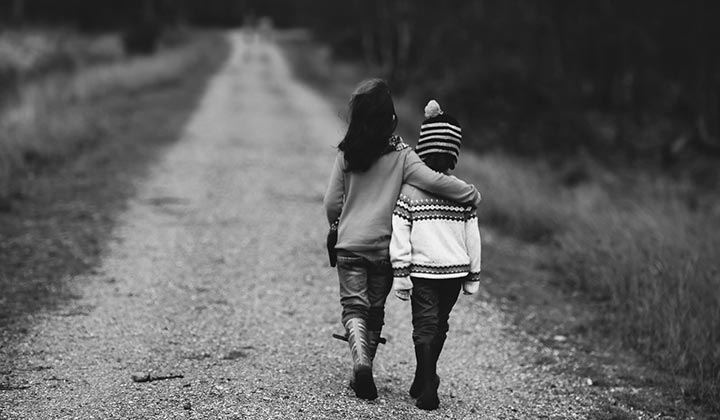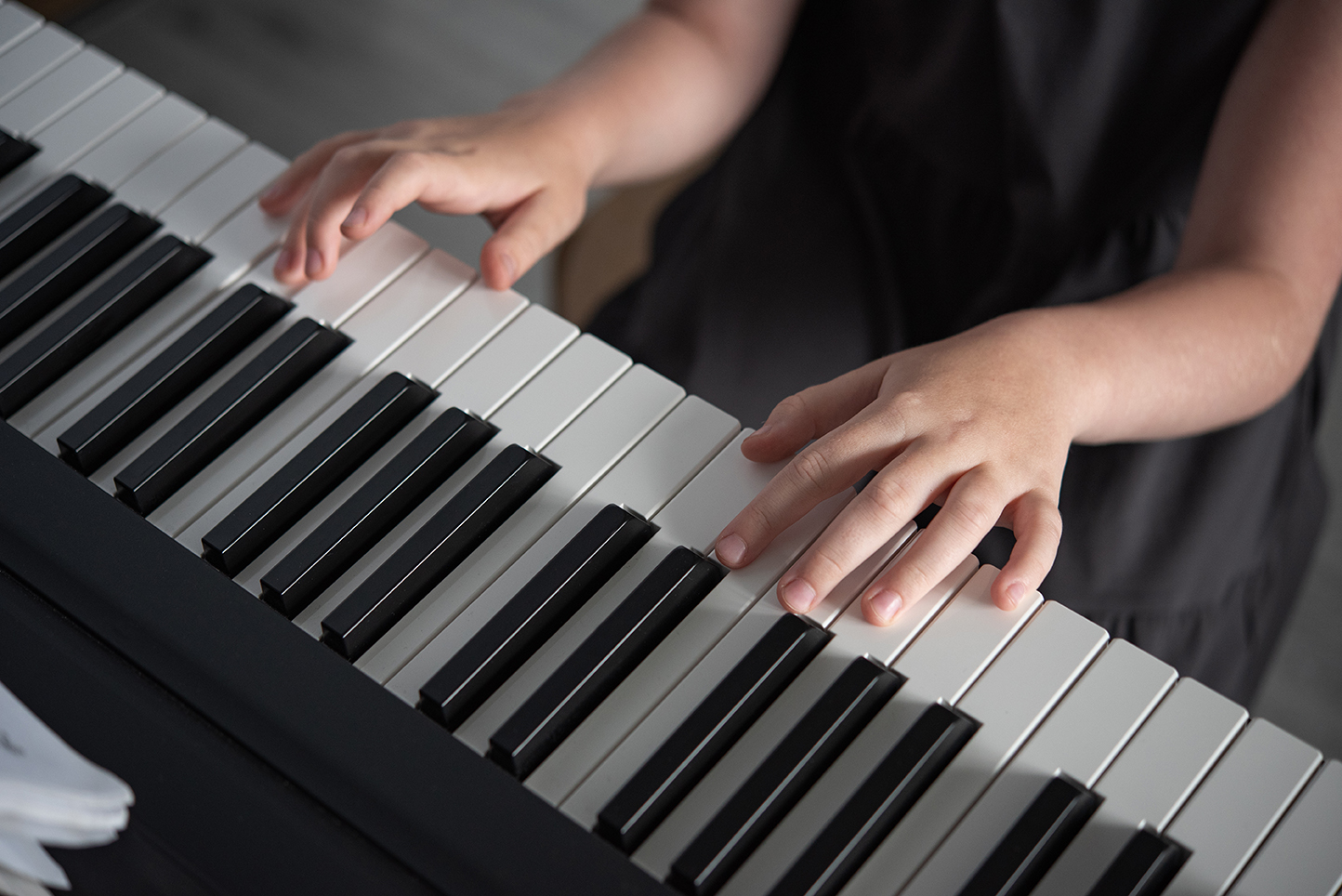Tolerance and music lessons – a chance for learning and growth
Latest Posts • October 1, 2018

The highest result of education is tolerance. — Helen Keller
More than ever before, we’re exposed to cultural differences – be it in school, at work or in our neighbourhoods. Being open-minded to people of other backgrounds, being able to take their perspective and learn from them becomes an important skill in a (globalized) world without borders.
However, being tolerant doesn’t only mean accepting people of other backgrounds, it also means persevering through challenges and not giving up. Tolerance, the ability to understand, appreciate and collaborate with others, and to keep going in difficult and uncomfortable situations, becomes a key skill for a successful and happy life.
For one thing is certain, there will always be people who think and act differently than we would or situations that we would rather avoid than tackle ourselves.
At work, for example, we have to be tolerant of our colleagues or bosses in order to maintain a cooperative workplace and in school, we may have to deal with people and situations that we may not like and find challenging.
Inspired by Helen Keller’s quote, I started to wonder what contribution Modern Music School makes.
The music lessons at our school offer many opportunities to teach and model tolerance:
In group lessons, our students experience first-hand how important it is to be tolerant and to develop a group sense. After all, no one likes to be part of a group that doesn’t accept them.
As students of different social, religious, and ethnic backgrounds come together to make and talk about music, they break boundaries and interact with people they might chose not to otherwise.
When students discuss their favorite music, students not only learn more about themselves and their own worldview, but also about the worldview of others. This extends their horizons and promotes tolerance.
By engaging with music from different cultures and traditions, students learn that some things (and people) are beautiful and endearing because they are different.
While developing more tolerance, students also develop and train social skills such as listening, empathy, personal commitment, attention, communication, cooperation and negotiation.
Those who are on stage learn to handle stress and to tolerate the unpredictable.
Those who don’t sink into the couch after a long day at work, but grab their instrument and practice for another 10 minutes develop tolerance, willpower and resilience.
Tolerant people recognize that human differences and challenges are an asset to life and use them as opportunities for learning and growth.
In contrast, intolerant people fear these differences and thus miss many great opportunities to see the world from a different perspective. They avoid uncomfortable situations, isolate themselves and remain stuck in their development.
What do you prefer, more tolerance and opportunities or intolerance and stagnation?




Leave A Comment